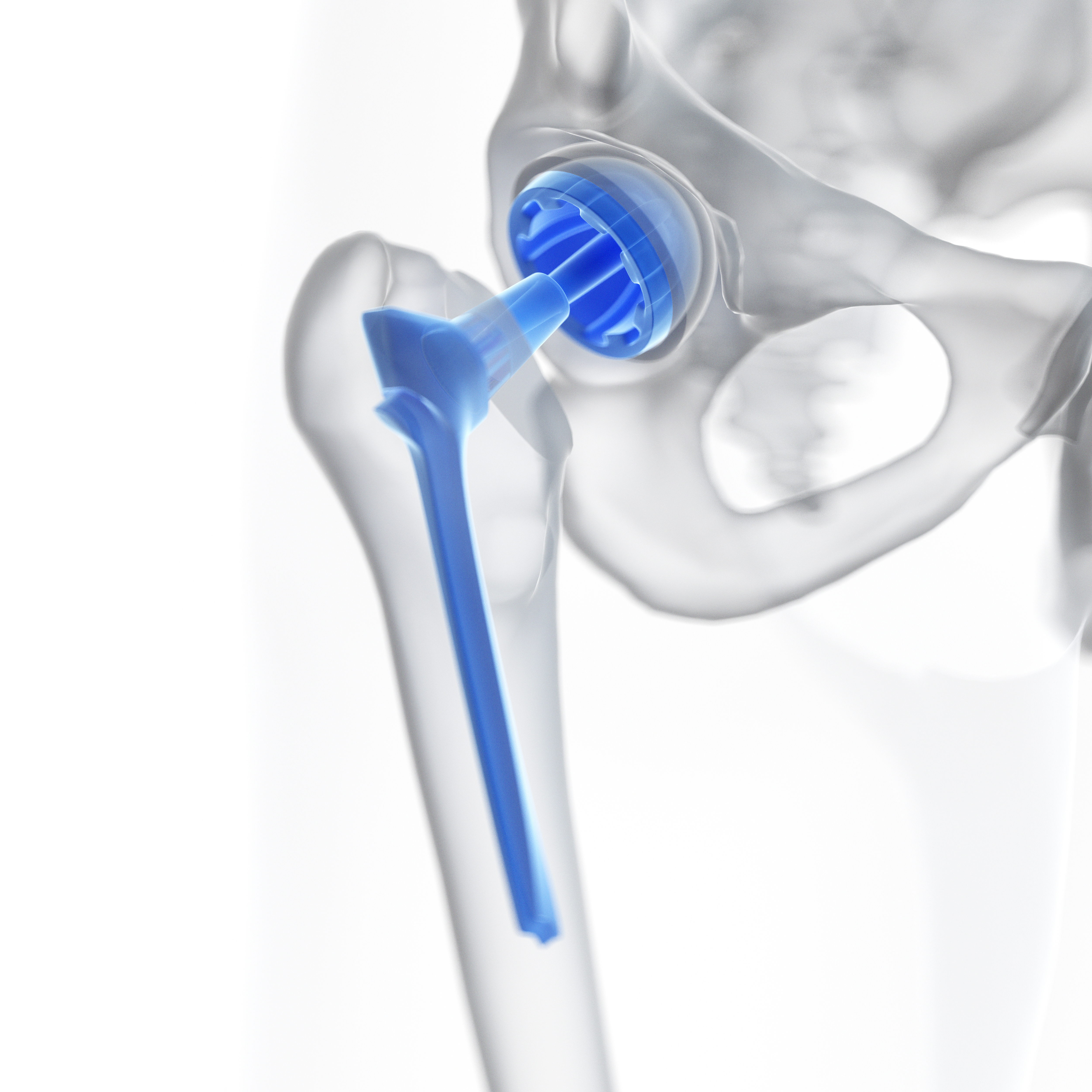
In a new article published by CBS News, experts addressed concerns regarding the structural failures of MicroPort’s Profemur artificial hip implants. These implants contain a dual modular neck designed to link the upper components in the hip socket to the lower stem inserted into the femur, which helps to tailor the implants to suit each patient’s individual hip size. Although the implants were intended to last at least 20 years, over 750 patients have experienced structural failures in the dual modular neck while performing routine tasks within an average of 7.5 years of implantation—forcing them to undergo hours of costly emergency repair surgery that often requires cracking open the femur. Patients have also experienced severe pain, swelling, a lack of mobility, nerve damage, and neurologic complications. One such patient, Bradley Little, a physical education teacher in Arizona, collapsed in a school hallway in 2017. He was taken to the hospital, where a scan revealed that the neck component in his artificial hip implant had snapped. Just 4 years later, the second implant in his other leg fractured, leading to his premature retirement. Mr. Little has since filed a lawsuit against the manufacturer. However, Mr. Little was not the first patient to launch a complaint. Over 180 lawsuits have been filed against MicroPort and the original manufacturer of the Profemur artificial hip implants, Wright Medical Technology, over the last decade. Since 2005, hundreds of reports of the dual modular necks breaking have been submitted to the U.S. Food and Drug Administration without a recall or an adequate response. Despite knowing about the structural failures, Wright Medical Technology ignored issues related to fractures and corrosion by leaving 28 sizes of the necks on the market after they continued to demonstrate catastrophic flaws. The company sold its Hip and Knee Implant Division to MicroPort in 2013. In 2020, only 11 of these sizes were recalled. “The thing that incenses me … is that they knew [of the defects]. There was some intentionality here to put profits over the health of people,” concluded one of the plaintiffs.